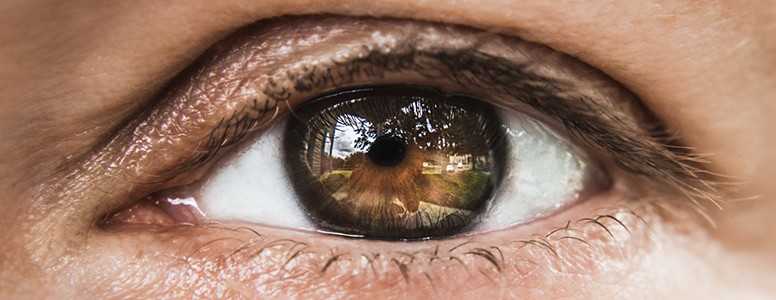A small peptide, delivered in the form of eye drops, could prevent the overgrowth of blood vessels in the eye’s retina, according to new research.
The study, conducted by researchers at Beth Israel Deaconess Medical Centre (BIDMC) and the University of New Mexico School of Medicine, could also be applicable to diabetic retinopathy.
The researchers identified a molecule that treats the excessive growth of blood vessels in the eye’s retina. This could treat several conditions affecting the eye, including macular degeneration (AMD) and retinopathy of prematurity (ROP).
“Angiogenesis, the abnormal overgrowth of blood vessels, underlies many severe diseases, and when angiogenesis develops in the eye’s retina it causes decreased vision and can even lead to blindness,” said Richard L. Sidma, the study’s corresponding author.
Currently, these retinal diseases are treated with monthly injections directly into the eyeball.
The researchers believe they may have found a superior alternative – a molecule known as Vasotide, which can be delivered in the form of eye drops. They tested Vasotide on three different animal models: two with AMD and one with ROP. In all three groups, Vasotide inhibited blood vessel growth when administered in eye drop form.
“Under normal circumstances, a protein called vascular endothelial growth factor (VEGF) binds to pertinent endothelial cell receptors lining the blood vessels, causing these cells to multiply, migrate, and form new blood vessels. Vasotide is the only external agent that uniquely blocks VEGF from binding to two different endothelial receptor molecules – VEGF receptor-1 and neuropilin-1 – to keep excessive blood vessels from forming.”
Other anti-VEGF drugs have to be delivered directly into the eye.
“These treatments are costly, require highly skilled professional executio, and, in rare cases, can cause bleeding or infection in the eye,” said Sidman.
Sidman and colleagues believe that Vasotide could be used to treat other retinal conditions in the future, including diabetic retinopathy.
“In addition to future clinical trials on AMD and ROP, we think that diabetic retinopathy and certain forms of cancer may also prove to be responsive to Vasotide.”
Diabetic retinopathy occurs when high blood glucose levels trigger changes in retinal blood vessels. The vessels may swell up, or grow abnormally on the surface of the retina. Diabetic retinopathy is one of the most common causes of blindness, and one of the most common diabetes complications. The NHS estimates that 1,280 new cases of blindness are caused by diabetic retinopathy in England every year.
The findings are published in Science Translational Medicine.
What's new on the forum? ⭐️
Get our free newsletters
Stay up to date with the latest news, research and breakthroughs.




